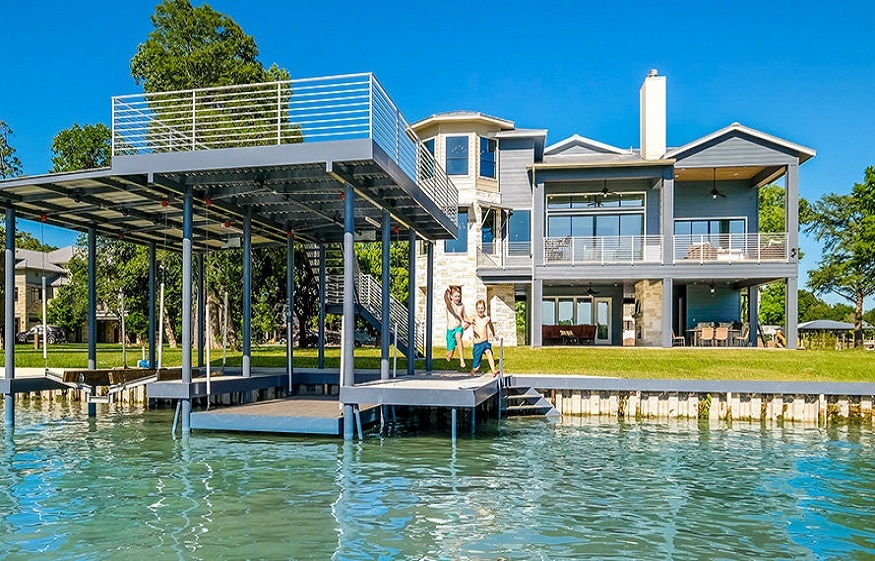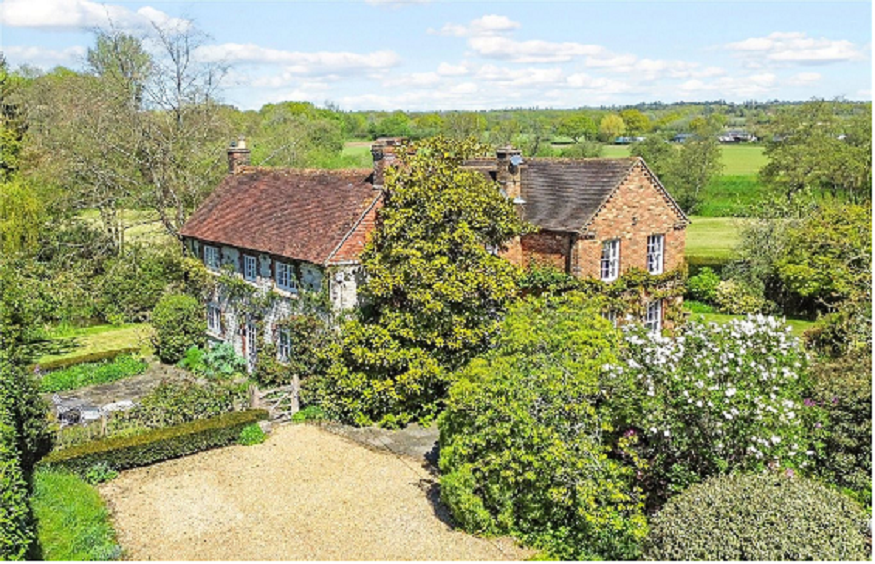Foreclosure is the process that lenders use to take back a house from borrowers who can’t pay their mortgages. By taking legal action against a borrower who has stopped making payments, banks can try to get their money back. For example, they can take ownership of your house, sell it, and use the sales proceeds to pay off your home loan.
How Long Does a Foreclosure Take?
Foreclosure is generally a slow process. If you make one payment a few days or weeks late, you’re probably not facing eviction. It’s important to communicate with your lender as early as possible if you’ve fallen on hard times or expect to in the near future, it might not be too late to avoid foreclosure.
The main outcome of going through foreclosure is, of course, the forced sale and eviction from your home. You’ll need to find another place to live, and the process could be extremely stressful for you and your family. How foreclosures work also makes them expensive. As you stop making payments, your lender may charge late fees, and you might pay legal fees out of pocket to fight foreclosure. Any fees added to your account will increase your debt to the lender, and you might still owe money after your home is taken and sold if the sales proceeds are not sufficient.
How a Foreclosure Hurts a Homeowner
A foreclosure will also hurt your credit scores. Your credit reports will show the foreclosure starting a month or two after the lender initiates foreclosure proceedings, and it will stay on the report for seven years. You’ll have a hard time borrowing to buy another home, and you’ll also have difficulty getting affordable loans of any kind. Your credit scores can also affect other areas of your life, such as your ability to get a job.
3 Things to Consider Before Buying a Foreclosure
Can You Get Your Home Back?
The act of taking back your home is the last resort for lenders who have given up hope of being paid. It’s always a good idea to communicate with your lender if you’re having financial challenges. Get in touch before you start missing payments and ask if anything can be done. Explore alternatives to keep your home. If you know that you won’t be able to make your payments, find out what other options are available to you.
You might be able to get help through government foreclosure-avoidance programs. Some lenders offer similar programs to those willing to fill out a mortgage assistance application. Your lender might even offer a loan modification that would make your loan more affordable. You might be able to work out a simple payment plan with your lender if you just need relief for a brief period
Are There Alternatives?
Short Sale
Foreclosure is a long, unpleasant, expensive process that damages your credit. If you’re simply ready to move on, see if your lender will agree to a short sale, which allows you to sell the house and use the proceeds to pay off your lender even if the loan hasn’t been completely repaid and the price of the home is less than what you owe on the mortgage. However, you may still have to pay the deficiency unless you have it waived. If that doesn’t work, another less attractive option is a deed in lieu of foreclosure, which allows you to reduce or even eliminate your mortgage balance in exchange for turning over your property to the lender.
Bankruptcy
Consider bankruptcy. Filing for bankruptcy might temporarily halt a foreclosure. The issues are complex, so speak with a local attorney to get accurate information that’s tailored to your situation and your state of residence.
Both foreclosures and short sales will result in the loss of your current home, but there are differences. Foreclosures can involve a long legal process, and that may give you some extra time in your home, but once the foreclosure is complete, you may be required to leave immediately. Short sales give you a bit more flexibility to negotiate the terms of the sale.
Foreclosed properties can be purchased at auction. These auctions may take place at local courthouses, private auction companies, convention centers, or online. The proceedings for these auctions will depend largely on local law and whether the state allows for judicial foreclosures.
Neither of these options are that great but some are less harmful than others. If you think you might be in risk of a foreclosure, the first thing to do is to contact your lender and mortgage provider for the best options.



